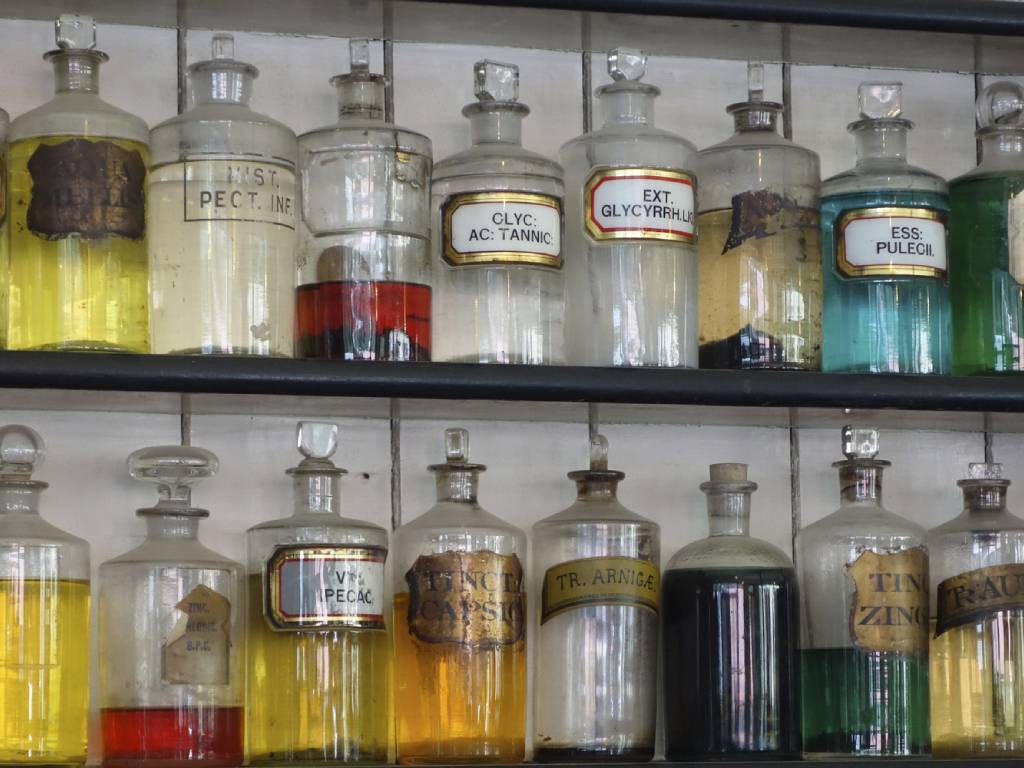During a crisis like COVID-19, fraudsters move quickly to develop new schemes to take advantage of consumers through misinformation and scare tactics. Their mode of communication runs the gamut: phone, email, postal mail, text, social media. Within a month of the COVID-19 outbreak, China experienced a surge in phishing scams directing targeted victims to malicious websites; over 4,000 new domain names incorporating some form of COVID-19 were requested.
Identity Fraud
As always, with or without a crisis in play, everyone should protect their money and identity by not sharing personal information, such as:
- Bank account number
- Social Security number
- Date of Birth
- Usernames
- Passwords
While the subject of economic stimulus checks has been a topic of much discussion in the news recently, the U.S. Government is not sending—nor will they send—unsolicited emails seeking your private information. Other potential phishing email topics include:
- Charitable contributions
- General financial relief
- Airline carrier refunds
- Fake cures and vaccines
- Fake testing kits
Be aware of unsolicited fake emails from the Centers for Disease Control and Prevention (“CDC”) and the World Health Organization (“WHO”). If the email looks questionable, hover over the link in the email to identify the source, that is, the website address from which it was issued. Focus on any slight inconsistencies in the domain address, such as misspellings or a suspicious link—for example, an address ending in “.com” for a supposed government website that, were it legitimate, would end in “.gov.” Do not click on untrustworthy attachments or links. Clicking on an inappropriate link subjects your computer system to malware—and malware’s goal is to steal personal information or to lock your computer and demand a ransom to unlock it.
Also, be wary of websites and apps claiming to track COVID-19 cases worldwide. Fraudsters are using malicious websites to infect and lockdown devices until payments are received. If you are looking for accurate and up-to-date information on COVID-19, the best sources of information are:
Fraudulent Products
The U.S. Food and Drug Administration (“FDA”) has issued letters to seven companies warning them to stop selling fraudulent COVID-19 products. The fraudsters are trying to tempt consumers to buy or use questionable products that claim to diagnose, treat, cure or prevent the virus. The products have not been evaluated by the FDA for safety and effectiveness and could be dangerous. A few of the fraudulent, misleading types of products are:
- Teas
- Essential Oils
- Tinctures
- Colloidal silver- immune support
- Sanitizing products
- Personal protective equipment
As well, test kits sold online for COVID-19 are not authorized by the FDA. The FDA has not authorized a home test for COVID-19. Currently, the only way to get tested is through your healthcare provider. Temporary COVID-19 testing facilities have been set up in many areas; they require a prescription from a healthcare provider.
The FDA offers the following tips to identify false or misleading claims:
- There are no self-tests for the Coronavirus.
- Be suspicious of products that claim to treat a wide range of diseases.
- Personal testimonials are not a substitute for scientific evidence. Celebrities have been victims of identity theft when companies use their image to promote a product that the celebrity did not agree to promote.
- Few diseases or conditions can be treated quickly.
- Miracle cures: if it seems too good to be true, it probably is.
The best way to protect your financial assets is to stay on top of your bank accounts, credit card statements, and retirement accounts by monitoring your transactions. Each of the three major credit reporting companies—Experian, TransUnion and Equifax—offer a free annual credit rating report; taking them up on that offer is a financially sound practice.
Stay safe and be wary of the new wave in fraudulent schemes.
